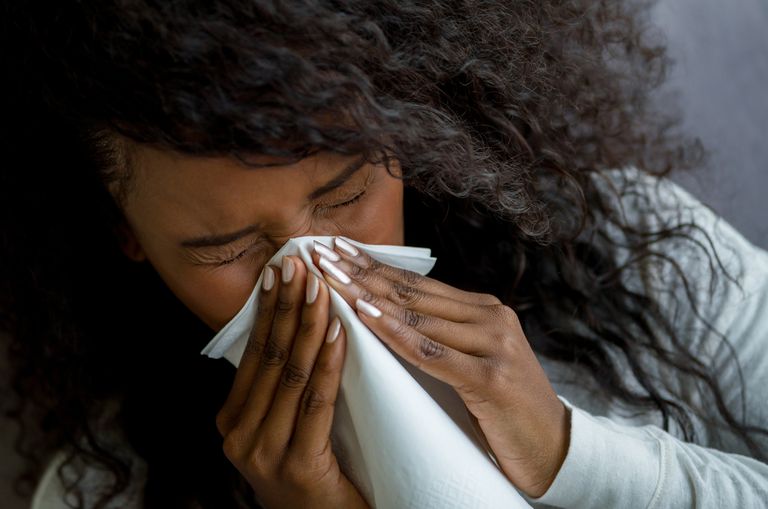
BYC Blog | 7 Essential Oils to Help with Flu Season
Share
7 Essential Oils to Help with Flu Season
Did you know that certain essential oils and aromas are believed to offer potential benefits in terms of supporting the immune system, easing congestion, and promoting overall well-being?
It's important to note that these are not substitutes for medical treatment, and consulting with a healthcare professional is essential for managing flu symptoms.
Additionally, individuals may have different sensitivities to fragrances, so it's important to use them in moderation.
Here are the 7 Essential Oils to Help with Flu Season
- Eucalyptus: Eucalyptus oil is known for its decongestant properties. Inhaling its vapors may help ease respiratory symptoms associated with the flu.
- Peppermint: Peppermint oil can have a cooling effect and may help relieve congestion. It is also known for its antimicrobial properties.
- Tea Tree: Tea tree oil is often used for its antimicrobial and antiviral properties. It may help purify the air and create a fresher environment.
- Lemon: Lemon oil is known for its uplifting and refreshing scent. It can also have antibacterial properties and may contribute to a clean, invigorating atmosphere.
- Lavender: Lavender oil is renowned for its calming properties. While it may not directly impact flu symptoms, it can help create a relaxing environment, which might be beneficial for overall well-being.
- Oregano: Oregano oil is believed to have antibacterial and antiviral properties. However, it has a strong aroma and should be used sparingly and in combination with other oils.
- Cinnamon: Cinnamon oil may have antimicrobial properties and can add a warm and comforting scent to the environment.
When using essential oils during flu season, consider the following:
- Diffusers: Use an essential oil diffuser to disperse the fragrance throughout the room.
- Steam Inhalation: Add a few drops of essential oil to a bowl of hot water and inhale the steam.
- Topical Application: Dilute essential oils with a carrier oil and apply to the skin (avoiding sensitive areas) or add a few drops to a warm bath.
It's crucial to be cautious when using essential oils, especially around individuals with respiratory issues, young children, or pets. If you have specific health concerns or conditions, it's advisable to consult with a healthcare professional before using essential oils.
Want to read more BYC Blogs, visit the home page HERE.

